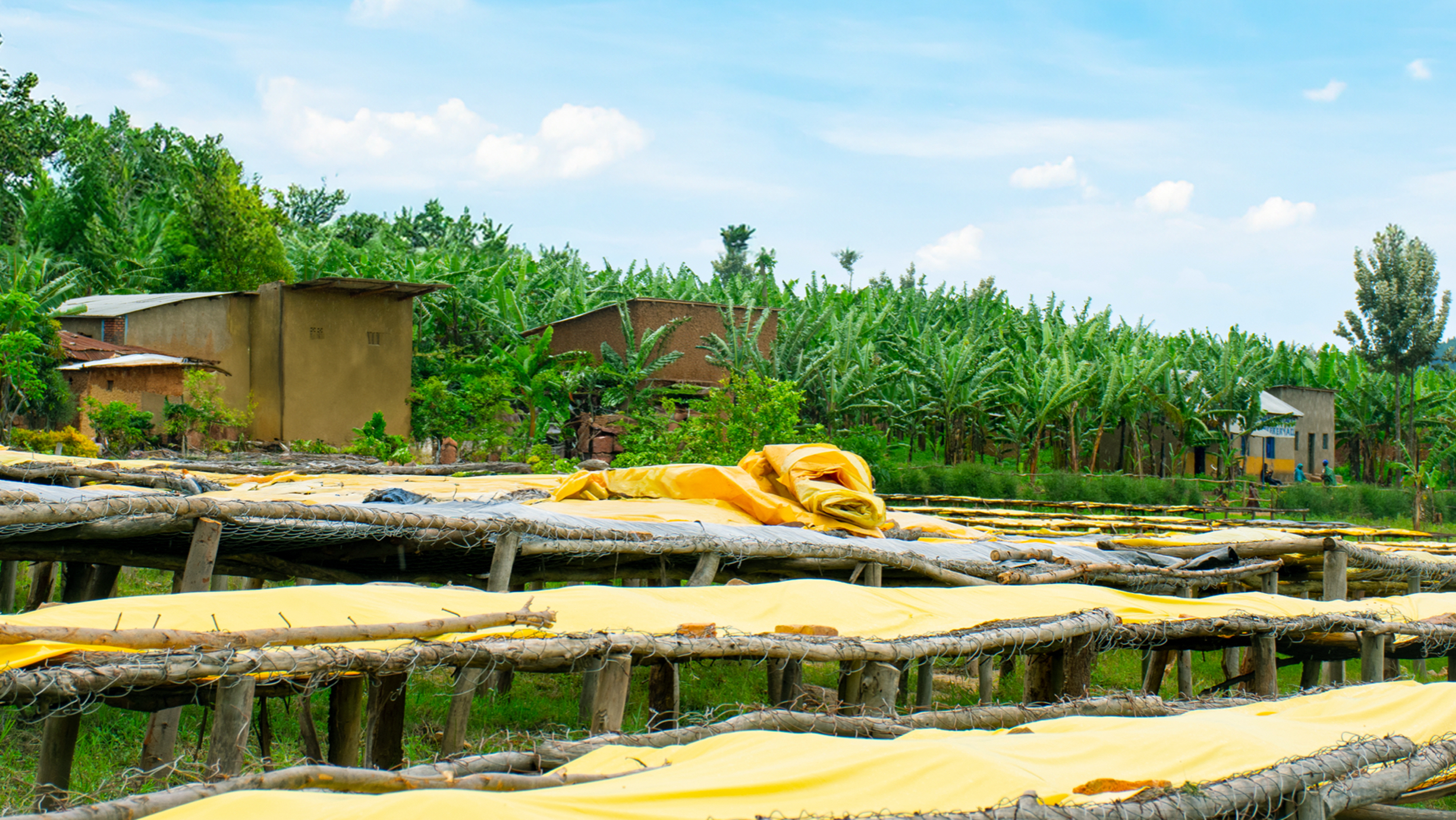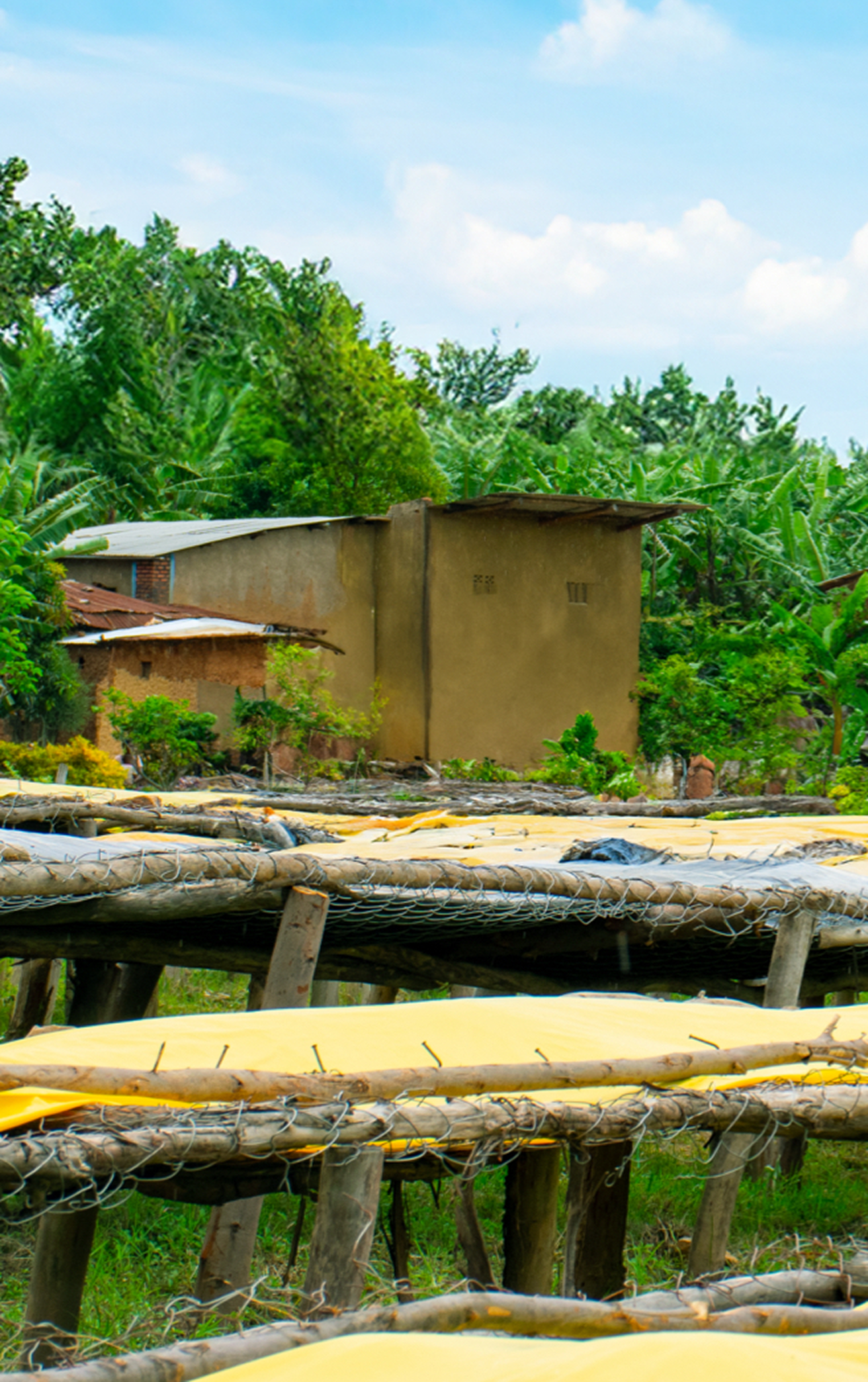Wakuli works with ZCP in Nebbi, a network of 10+ locally-owned micro stations. Each station processes cherries from 85-250 farmers. Farmers and washing stations share in ZCP’s profit through a second payment and play a key role in strategic decisions, building a new kind of business in a challenging environment. In May 2024, our sourcing team met with ZCP in Nebbi to develop a strategy to improve the quality of the Gonyobendo micro station - the coffee we now offer as a DM. The results are impressive. Professionalizing the station is crucial, as large trade houses try to push ZCP out by matching their price and dropping it once ZCP is gone. If that happens, farmers' incomes take the hit - one more reason why this partnership is so important.
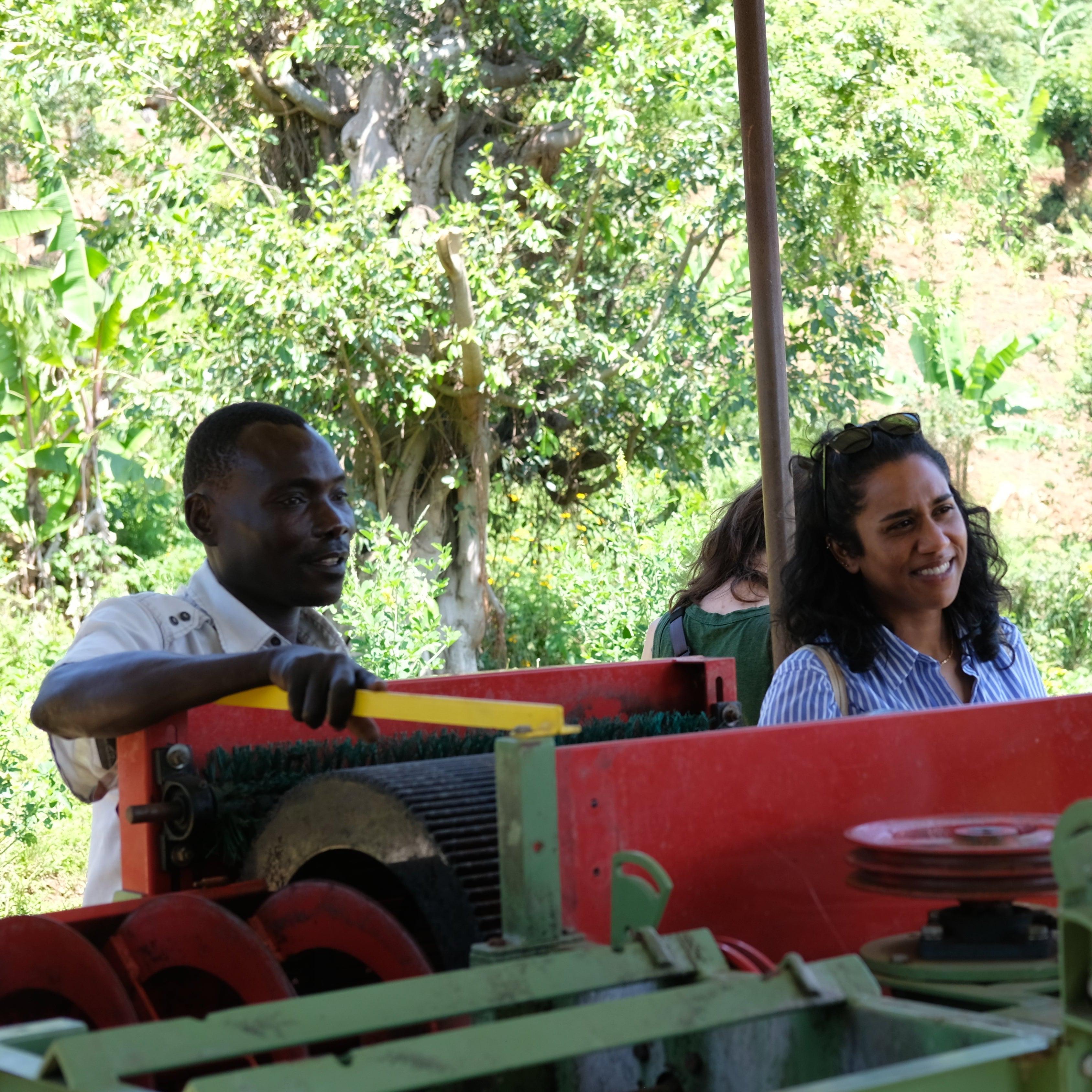

![The Wakuli Giftcard [Digital]](http://www.wakuli.com/cdn/shop/files/IMG_0014_185aaf71-12c8-4d92-ba6b-ed1b24f4ef23.png?v=1767864881)
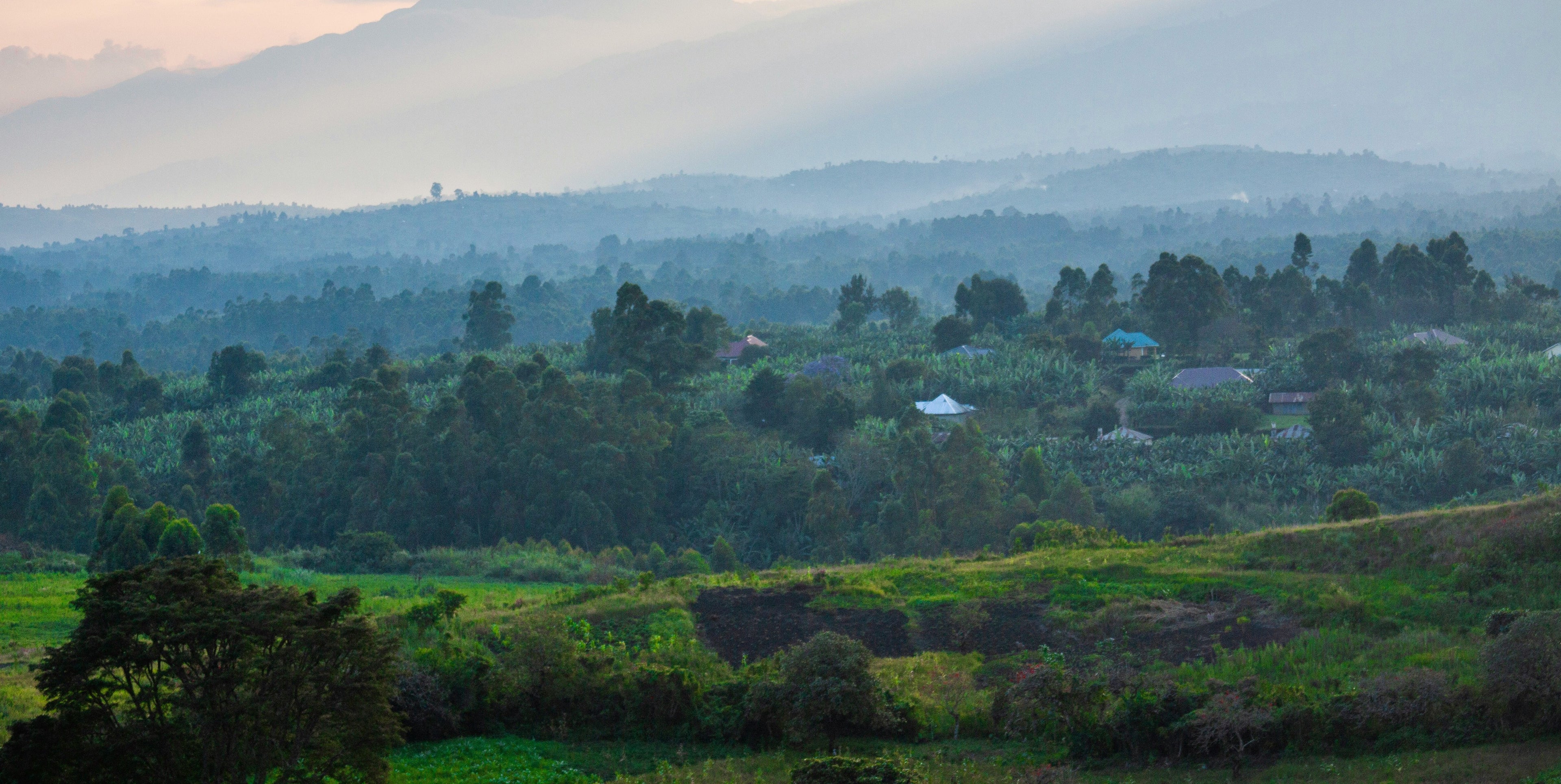
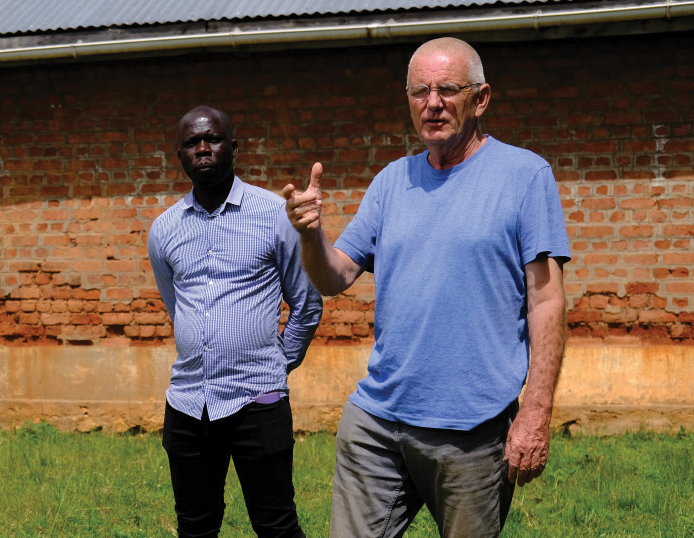
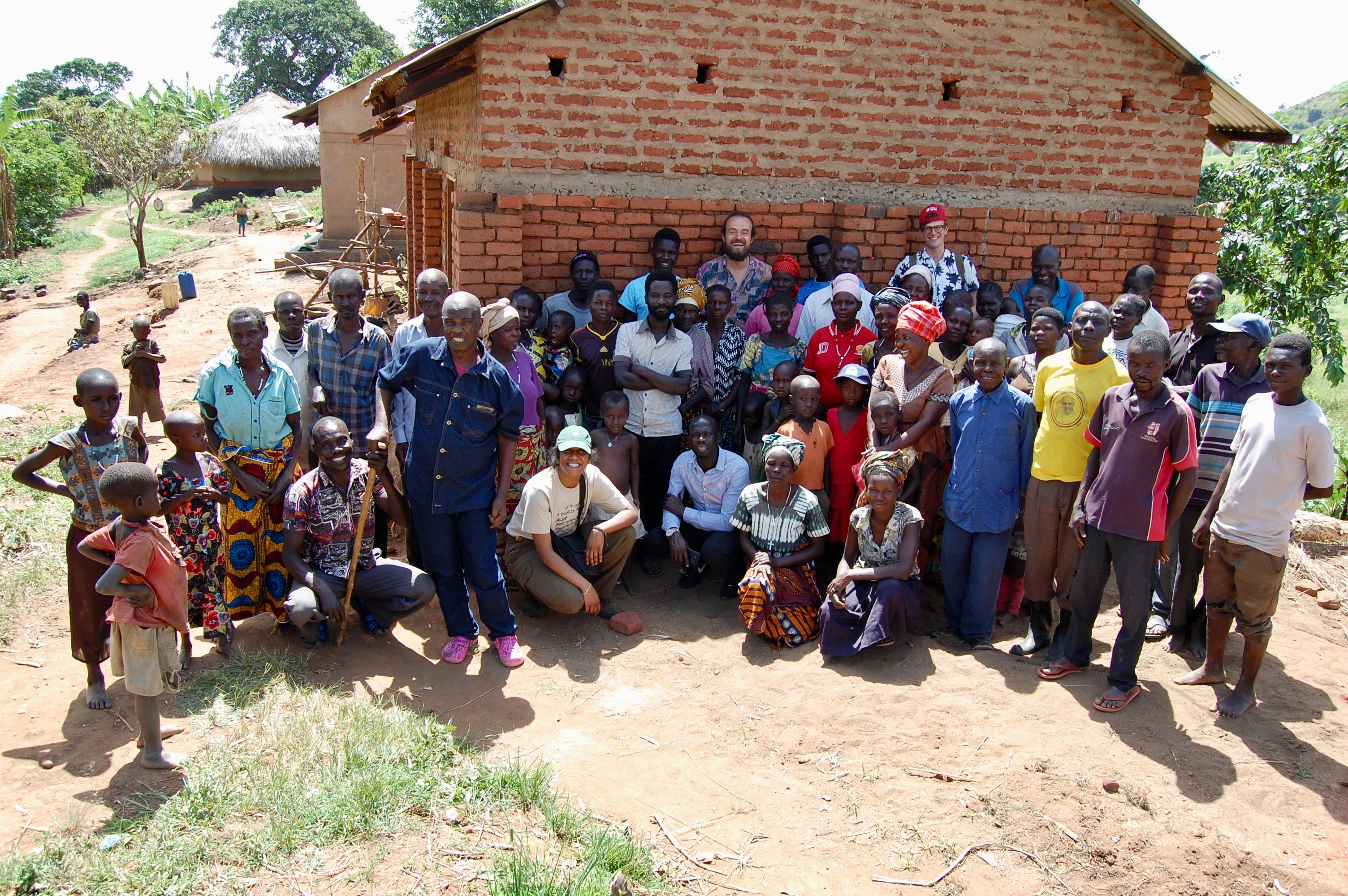
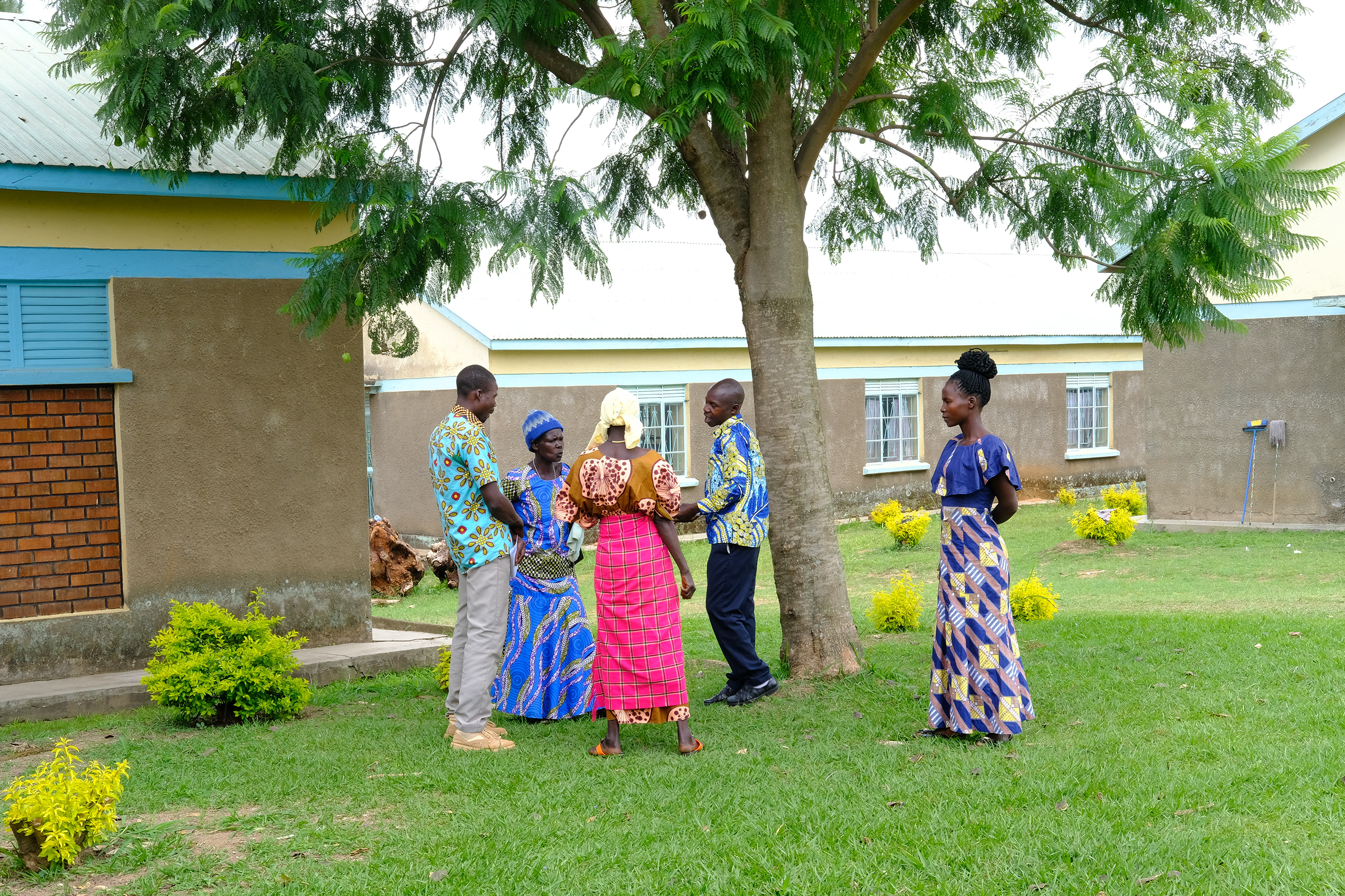



![Power House Blend - subscription [from 225g]](http://www.wakuli.com/cdn/shop/files/Shadows-Update-5_e077041a-3991-4830-a142-9a0b04890b13.png?v=1749674651&width=360)
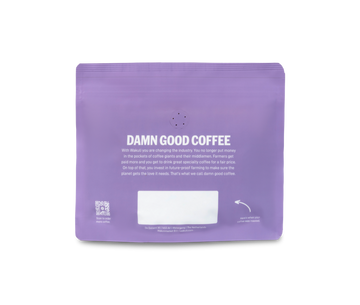
![Power House Blend - single order [from 1kg]](http://www.wakuli.com/cdn/shop/files/Shadows-Update-4.png?v=1747663483&width=360)
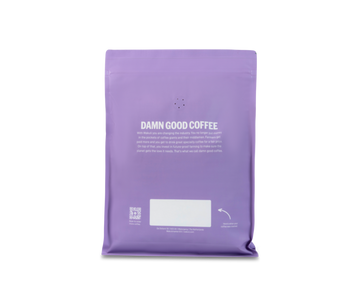
![Coffee Pods [single order]](http://www.wakuli.com/cdn/shop/files/ArtboardCopy73_b9460cd9-a6b5-4af7-af15-70cad27c2ccf.png?v=1746567803&width=360)

![Coffee Pods [subscription]](http://www.wakuli.com/cdn/shop/files/ArtboardCopy73_86cd4f90-eb43-4f39-a674-2c4fc30b61e2.png?v=1719416238&width=360)

![Discover Monthly Light Roast - subscription [from 225g]](http://www.wakuli.com/cdn/shop/files/Shadows-Update-11.png?v=1747665630&width=360)
![Discover Monthly Light Roast - single order [from 1kg]](http://www.wakuli.com/cdn/shop/files/Shadows-Update-7_362342e8-31bb-4fc1-bd23-48836806f7ed.png?v=1747664445&width=360)
